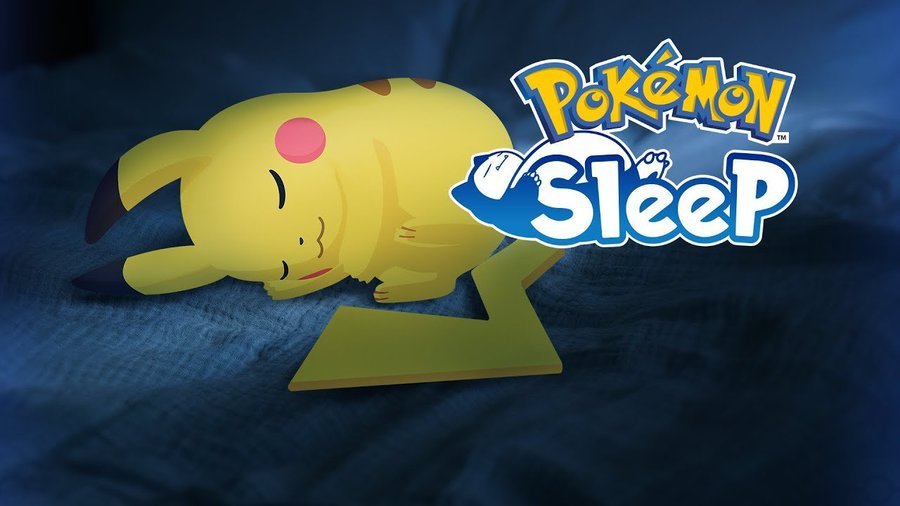Exploring Sleep Patterns: Insights from the Recent Good Sleep Day Event
In the realm of sleep research, the findings from the recent Good Sleep Day event provide intriguing insights into how lunar phases may influence our sleep habits. This annual event, dedicated to the study of sleep, gathered data from participants around the globe, allowing researchers to analyze sleep duration and quality during this unique period.
The Impact of the Full Moon on Sleep
One fascinating observation from the Good Sleep Day event was the correlation between the full moon and sleep duration. Traditionally, it has been suggested that our sleep can become shorter and less restorative during this lunar phase. However, data collected during the event revealed a surprising trend: on the night of the full moon, the average sleep duration among researchers worldwide was recorded at 28 seconds longer than the usual average. This unexpected finding encourages further exploration into the potential effects of lunar cycles on sleep quality.
Average Sleep Durations: A Closer Look
To better understand how sleep patterns fluctuated during the Good Sleep Day event, researchers compared average sleep durations across three days to the same days from the previous week. Here’s a breakdown of the findings:
- June 10 (Tuesday): Participants averaged 7 hours and 21 minutes of sleep, which was a decrease of 1 minute from the previous week.
- June 11 (Wednesday): The average increased slightly to 7 hours and 22 minutes, showing an improvement of 3 minutes.
- June 12 (Thursday): The average sleep duration returned to 7 hours and 19 minutes, remaining stable compared to the prior week.
These results were derived from those who consistently tracked their sleep once per day, providing a clearer picture of how sleep varied during this event. The small changes in sleep duration highlight the need for ongoing research to fully understand the nuances of sleep patterns.
Thanking Participants for Their Contributions
The success of the Good Sleep Day event largely depended on the participation of individuals who aimed to improve their sleep habits. By sleeping more than usual, these contributors have aided in advancing the understanding of sleep research. Their involvement is crucial in collecting valuable data that can inform future studies and promote better sleep practices for everyone.
Upcoming Good Sleep Day Events
Recognizing the importance of continued research, organizers have announced the dates for the next Good Sleep Day event. Scheduled from July 10 to July 12, this upcoming event aims to encourage even more participants to engage in sleep tracking. By aligning this event with another full moon, researchers hope to observe similar trends and gather more comprehensive data on how lunar phases influence sleep.
Sleep Tips for Better Rest
In addition to the findings from the research, participants are provided with practical sleep tips to enhance their nightly rest. One effective tip emerging from the research highlights the relationship between quality sleep and creativity. It is widely believed that getting adequate sleep can significantly boost creative thinking.
For individuals grappling with problem-solving or idea generation, prioritizing a good night’s sleep may be more beneficial than burning the midnight oil. Instead of staying up late to wrestle with ideas, consider taking a break and resting. Quality sleep can lead to enlightening moments and fresh perspectives, making it a key ingredient for innovation.
The Science Behind Sleep and Creativity
The connection between sleep and creativity is backed by scientific research. Sleep is essential for cognitive functions such as memory consolidation and problem-solving. During sleep, the brain processes experiences and information gathered throughout the day, which can lead to breakthroughs in thinking upon waking.
For those seeking to enhance their creativity, establishing healthy sleep habits is crucial. Here are a few tips to promote better sleep and, consequently, improved creativity:
Maintain a Consistent Sleep Schedule: Going to bed and waking up at the same time each day helps regulate your body’s internal clock, leading to better sleep quality.
Create a Relaxing Bedtime Routine: Engage in calming activities before bed, such as reading or gentle stretching, to signal your body that it’s time to wind down.
Limit Screen Time Before Bed: The blue light emitted by phones and computers can interfere with melatonin production, making it harder to fall asleep. Aim to disconnect from screens at least an hour before bedtime.
Optimize Your Sleep Environment: Ensure your bedroom is conducive to sleep by keeping it dark, quiet, and at a comfortable temperature.
- Stay Active During the Day: Regular physical activity can help you fall asleep faster and enjoy deeper sleep. Just be sure to avoid vigorous exercise close to bedtime.
By implementing these practices, individuals can enhance their sleep quality, leading to greater creativity and overall well-being.
Emphasizing the Importance of Sleep Research
The insights gained from initiatives like the Good Sleep Day event underline the significance of ongoing sleep research. Understanding sleep patterns and their various influencing factors, such as lunar cycles, can help individuals make informed decisions regarding their sleep habits.
As researchers continue to delve into the complexities of sleep, participants play an essential role in contributing to this field of study. The data collected not only enriches our understanding of sleep science but also empowers individuals to take charge of their sleep health.
In conclusion, the findings from the Good Sleep Day event serve as a reminder of the intricate relationship between sleep and various external factors, including the full moon. By participating in sleep research and adopting healthy sleep practices, individuals can improve their sleep quality and harness the creative benefits that come from a well-rested mind. The next Good Sleep Day event presents an opportunity for even more participants to contribute to this vital area of study, further illuminating the importance of quality sleep in our lives.
